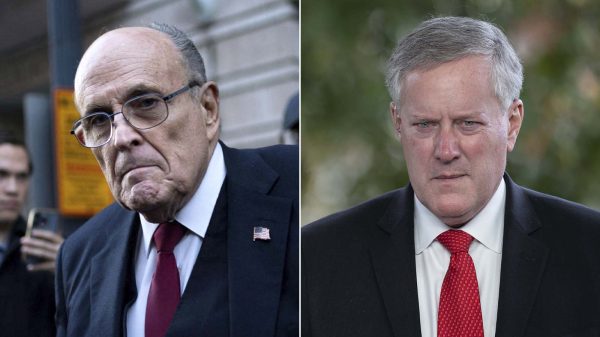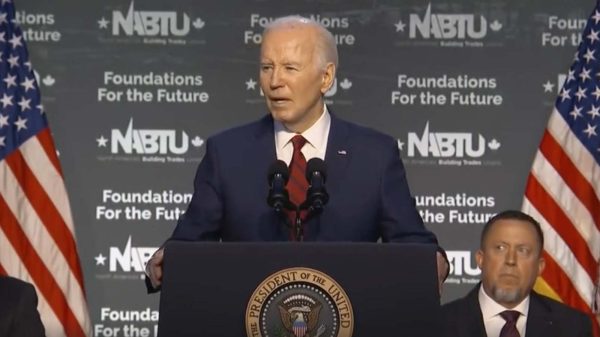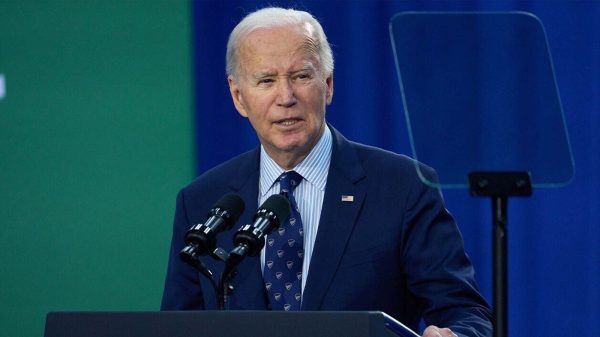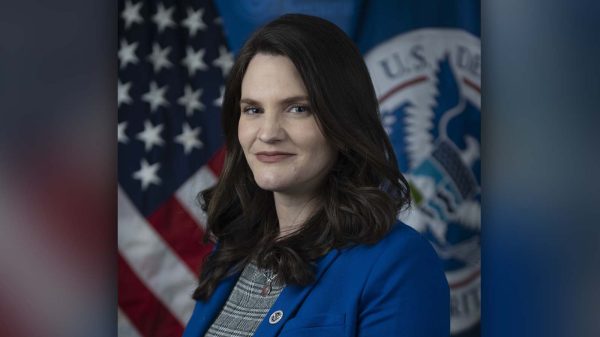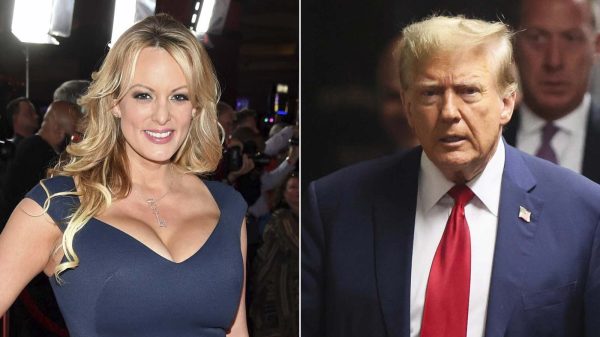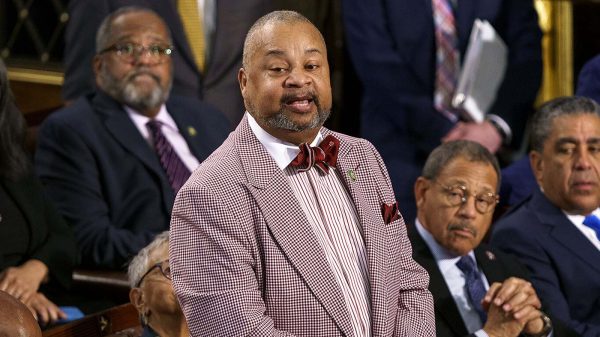Free speech has been a major factor behind the internet’s dramatic growth in the past 25 years. But two cases at the Supreme Court—and two others likely on their way to the justices—could reshape social media as we know it.
At stake in the social media cases could be the core business models of massive companies that depend on user engagement to generate interest and revenue. These services have over a billion regular visits each month, according to marketing firm Semrush.
Back in June 1997, the court issued a unanimous decision that opened the internet to new ways of interconnecting users that are commonplace today. In Reno v. American Civil Liberties Union, a unanimous court struck down important parts of the Communications Decency Act of 1996 (or CDA) as unconstitutional. The act sought to protect minors from access to “obscene or indecent” messages and patently offensive materials.
Justice John Paul Stevens concluded that the act’s vague language posed serious First Amendment free-speech issues. “The CDA’s vagueness undermines the likelihood that it has been carefully tailored to the congressional goal of protecting minors from potentially harmful materials,” Stevens wrote.
Section 230 and Internet Immunity
However, a key part of the CDA survived the court’s Reno decision: Section 230, which grants internet service providers immunity from legal actions related to third-party content posted on their online services. Section 230 also allows internet service companies to “voluntarily” take actions “in good faith to restrict access to or availability of material that the provider or user considers to be obscene, lewd, lascivious, filthy, excessively violent, harassing, or otherwise objectionable, whether or not such material is constitutionally protected.”
These safe-harbor protections greatly helped the growth of websites and online services that feature user-provided content—including Facebook, Twitter, and YouTube—by shielding them from certain lawsuits. But in recent years, the Section 230 guidelines have come under political and legal attack—with critics arguing that they are overly broad and unresponsive to challenges arising as the internet has evolved since 1997.
Two current cases at the Supreme Court will be significant tests of the justices’ willingness to consider Section 230 in a new light. In Gonzalez v. Google, the family of an ISIS terrorism victim claims that YouTube’s automatic recommendation algorithms made it easier for ISIS to recruit terrorists, and that these algorithms should not fall under Section 230’s protections. Lower courts have issued conflicting opinions on these questions.
The second case, Twitter, Inc. v. Taamneh, asks a similar set of questions. The Taamneh family sued Twitter, Google, and Facebook after a 2017 fatal ISIS attack in Turkey. The Ninth Circuit decided that the three companies faced liability under Section 2333 of the Anti-Terrorism Act. The Supreme Court will consider whether these companies, which provide “generic, widely available services to all its numerous users,” did enough to block terrorists as users or should be liable even though their services were not directly used in the attacks.
Arguments in the Gonzalez case will be heard on February 21, 2023, and the Taamneh case on February 22, 2023. In its petition opposing the Gonzalez appeal, Google claims that Section 230 is still relevant today. “Section 230 bars claims that seek to hold websites liable for activities that publishers traditionally perform, like selecting, editing, and disseminating third-party content. Section 230 does not protect only 1990s-style chatrooms that permit users to post whatever they want.”
However, the Gonzalez petition calls for a new review of Section 230. “Over the last two decades, many interactive computer services have in a variety of ways sought to recommend to users that they view particular other-party materials, such as written matter or videos. . . . The public has only recently begun to understand the enormous prevalence and increasing sophistication of these algorithm-based recommendation practices.”
More Challenges on the Way?
Finally, court observers also point to cases in Texas and Florida about social media as likely candidates to be accepted by the court. A divided Fifth Circuit federal appeals court in NetChoice v. Paxton upheld a Texas law barring social media companies from blocking posts based on their writers’ political opinions. Circuit Judge Andrew S. Oldham wrote in September 2022 that social media companies do not have a right to “muzzle” free speech and act more like common carriers that are “central public forums for public debate and have enjoyed governmental support in the United States.” Facebook, YouTube and Twitter can censor content that is illegal, promotes sexual exploitation, or calls for violence against protected classes of people, Oldham said. But he concluded that the Texas law rightly prohibits viewpoint discrimination on these popular social media websites and services.
“We reject the platforms’ attempt to extract a freewheeling censorship right from the Constitution’s free speech guarantee,” Oldham concluded. “The platforms are not newspapers. Their censorship is not speech.”
The NetChoice decision in Texas conflicts with a Florida court ruling in NetChoice v. Florida. In May 2022, the 11th Circuit Appeals Court upheld a lower court decision blocking Florida’s social media law, SB 7072, from going into effect. Florida Governor Ron DeSantis championed the law, which states that social media companies are common carriers that need oversight to preserve “First Amendment protections for all Floridians.”
Circuit Judge Kevin Newsom, writing for the appeals court, disagreed with that argument. “The question at the core of this appeal is whether the Facebooks and Twitters of the world—indisputably ‘private actors’ with First Amendment rights—are engaged in constitutionally protected expressive activity when they moderate and curate the content that they disseminate on their platforms,” Newsom asked.
“We hold that it is substantially likely that social-media companies—even the biggest ones—are ‘private actors’ whose rights the First Amendment protects,” Newsom said. He concluded they had constitutional rights to moderate their hosted content.
In September 2022, Florida started its appeal process at the Supreme Court and its petition will be considered in private conference by the Justices on January 6, 2023.
In May 2022, Justice Samuel Alito dissented after the Supreme Court vacated a stay in NetChoice v. Paxton, where he outlined the challenge for the justices. “It is not at all obvious how our existing precedents, which predate the age of the Internet, should apply to large social media companies,” Alito said.
But with two cases set for arguments in February and anothers likely to be considered in 2023, the Supreme Court might play a more active role in how social media websites and services conduct their businesses.


